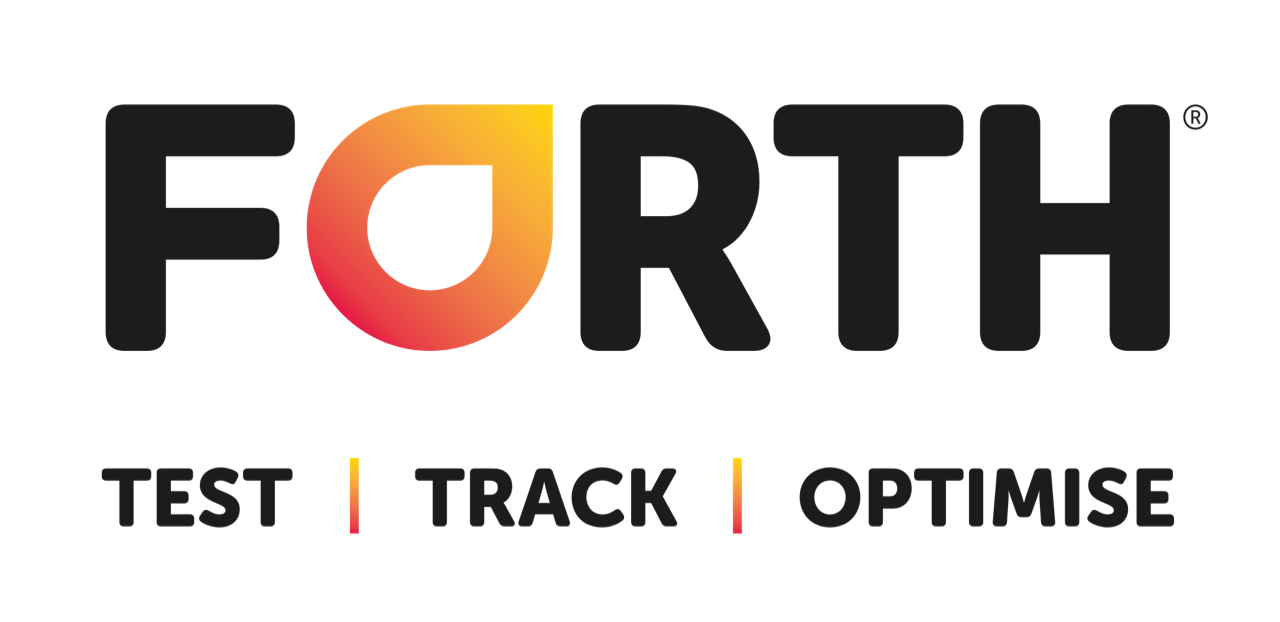Testing with 4thDiscipline
Nov 29, 2020
It certainly has been a testing time over the last 5 months since the beginning of lockdown but as the country slowly opens back up, pools and gyms reopen and even some races are you as an athlete ready to test yourself once more?

Well I ask you this: What drives an athlete to race? It may be our desire to compete and win? Or to test the verge of our own limits perhaps and have the lightening speed time to prove it.
Whatever your drive is, as athletes we seem to like to have data.
BUT to get that data we have to put ourselves through certain tests- some are relatively easy in terms of pushing ourselves such as a simple blood test whilst some are far more punishing like that dreaded FTP test!
There are so many metrics that we use in sport to test, measure and compare: power, heart rate, cadence, weight, body composition, sweat or sodium testing and biomarkers to name but a few!
At 4thDiscipline we use a variety of data and test metrics to use as a measure or starting point from which to compare change.
We don't just collect data for data's sake, we discuss all of the metrics in a very sensible and scientific way, with proper interpretation of the results.
What is Measured is Managed
Many of my athletes will know I quote “what is measured is managed”. There are metrics that we use to track changes the balance in training and nutrition such as:
1. ISAK body composition testing. We use an 8 point skin fold test as well as a taking a number of girth measures to track the mm; yes you read that right; of total body fat. I love this way of tracking body composition. It isn’t merely a body fat % figure but we can really see where the changes are across the athlete.
2. Using trackers such as nutrition app data to fully analyse an athletes diet which shows us consistency, spread of macro and micronutrients, and where deficiencies are in the diet. We learn what may need to be tweaked to enhance our responses to training and ultimately the effects on performance and body composition. It isn’t about merely tracking calories; in fact it is far from it! We teach our athletes to understand what it is that they need when!

3. Many athletes ask about taking certain vitamins and minerals or perhaps will take supplements to make up deficiencies in their diet. However really having a good look at the baseline day to day diet may show us if there are nutrients in the diet that can be optimised before taking a supplement. We can also use blood biomarkers which can be especially useful for athletes in heavy training such as triathletes, runners and cyclists whom may benefit from the strategic implementation of regular testing across their training cycles.
Understanding Your Body
For many athletes I work with; we closely work on understanding appetite, planned and initiative eating around training, hard training sessions and rest days. Athletes start to learn how their body, appetite and recovery changes over different periods of their training cycles. This information is key to being able to manage appetite and meet energy needs.
And with this; understanding how certain blood biomarkers change over periods of training can help an athlete not only to know how their body responds to training but also helps us to ensure that an athlete is recovering appropriately. We can also start to look at even periodising certain nutrients such as iron!
It also means that we can catch, treat and monitor an athlete for iron levels, overtraining or under fuelling for example. So this is where “what is monitored is managed” really does come into its own!

As athletes, we treat athletes as individuals and none so more than when looking at fluid guidelines! No athlete is the same and just like diet fluid guidelines will vary from athlete to athlete and their very own unique sweating! Athletes often like plans set in stone; prescriptive so to speak but like diet, fluid and sodium needs are individual and they do tend to change slightly when we take the environment and racecourse into account.
It is really interesting how your sodium sweat rate/ looses are pretty much genetically determined so once you have been tested you would know how much you lose. That doesn’t change much, so athletes tend to love this figure! From data taken from athletes with different sports and training conditions, we can estimates how much fluid they lose and start to have a loose plan to start figuring out fluid needs. We can then use the sweat sodium data to dial in how much extra sodium we may require and when it may be more crucial. Take a hot humid race for example!
When Should We Test?
If we are talking nutrition; it’s about micromanagement; body composition is more useful across the different training cycles; whilst blood biomarkers are individual, particularly if a certain marker requires more urgent attention, treatment and then a review; for example, iron levels after an intervention with supplements may be re-tested again about 8 weeks later. It would be prudent to test at least every 6 months or before certain periods of heavy training such as going to train at altitude.
Alternatively, once we know fluid losses we have some working data so would need some practising and tweaking but unlikely retesting. Sweat sodium …...just once! The number is the number!! We all like a number!
This all said, it is important to make sure you are not just testing aimlessly AND that you know how to USE the data. Too many metrics can be overwhelming for athletes, or it can be futile if you do not know what to do with it next.
So make sure with all your testing, that you are getting advice and support from qualified professionals to help you interpret and act on the key findings.
Testing With 4th Discipline
Here at 4thDiscipline, with a clinical background as a dietitian and a deep understanding of how to interpret blood biochemistry and sodium.
With support from professionals, we have teamed up with a science-backed biomarkers testing company fully backed by a team of professionals with reporting by a qualified sports medics Dr Nicky Keay and sports scientists and athletes at Precision Hydration.
Using data from all of these tests we truly can measure and manage an athlete’s nutrition alongside their training to help them reach their true potential.
This really does add to our all-encompassing team approach to managing all athletes as individuals and as part of a team!
Find out about our testing services here.
Ready to optimize yourself for sport and life? Book a free discovery call today!

Written by: Claire Fudge, Clinical Dietitian and High Performance Nutritionist
